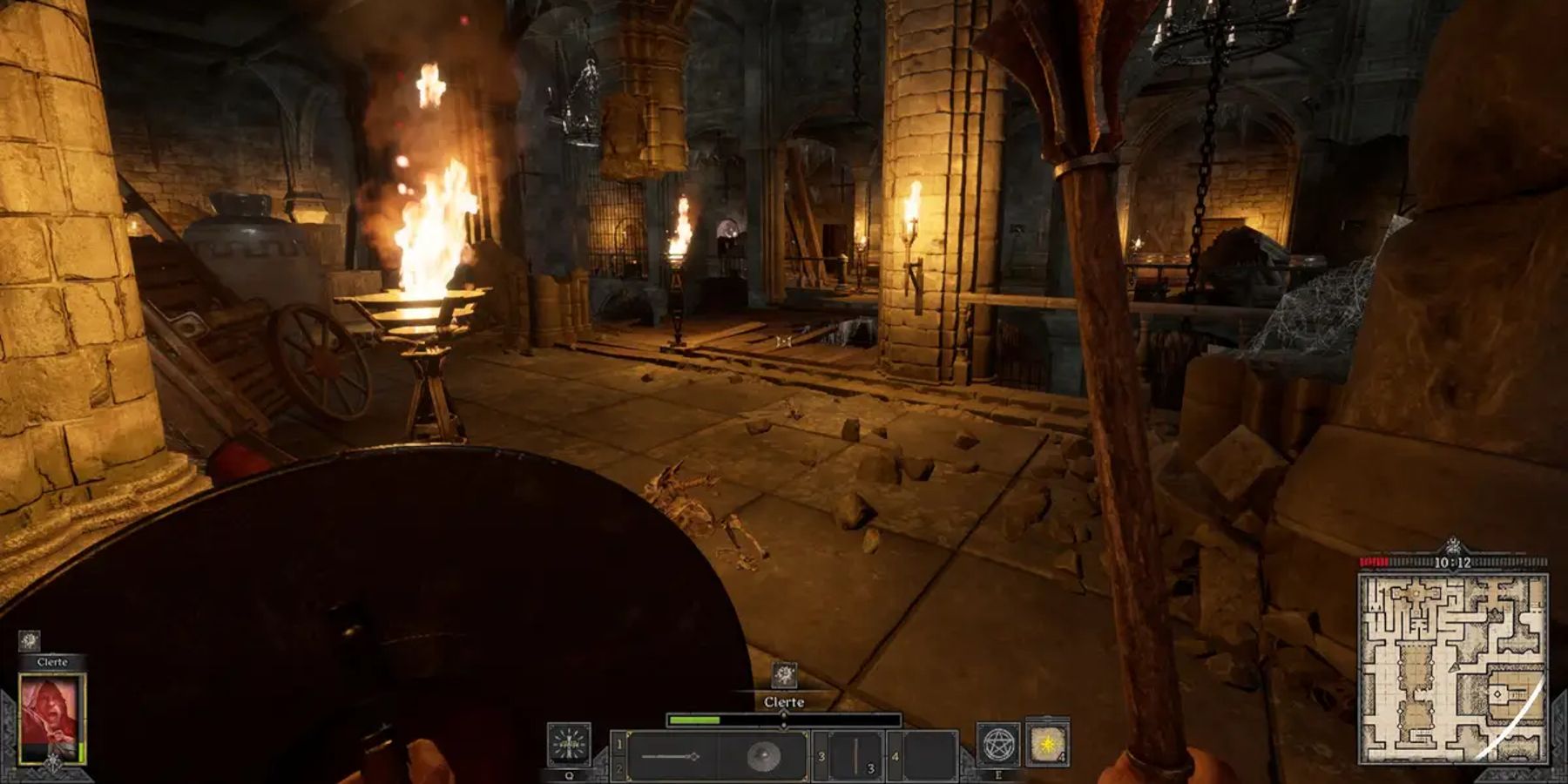
South Korean Authorities Issue Multi-Billion Dollar Fine Against MapleStory's Publisher for Deceptive Business Practices

The Korea Fair Trade Commission (KFTC) has imposed a multi-million dollar fine on video game giant Nexon over alleged deceptive practices in some of its titles, including the popular free-to-play MMO MapleStory. The fine, amounting to 11.6 billion won (approximately $8.9 million), was announced by the KFTC and is related to violations of South Korea's Electronic Commerce Act.
Allegations of Deceptive Practices
The Korea Fair Trade Commission (KFTC), South Korea's economic regulatory body, has imposed a multi-million dollar fine against video game giant Nexon over alleged deceptive practices that were carried out in some of the company's titles, including the hit free-to-play MMO MapleStory. The publishing juggernaut revealed it was looking to challenge the decision or seek court arbitration in response.
maple story insert 1
MapleStory, developed by Nexon subsidiary Wizet, was one of the first major titles to popularize microtransactions. Among the game's many paid consumables were Cubes, randomized items that could be used to enhance specific types of equipment. South Korean authorities have accused Nexon of lowering the drop rates of certain Cubes, particularly some popular ones, from 2011 to 2021 without disclosing the changes to players. Nexon supposedly implemented a total of 449 minor changes to MapleStory over the course of that decade without informing consumers of their more disadvantageous drawing positions.
The KFTC has decided to fine Nexon 11.6 billion won, or around $8.9 million, over the company's alleged deceptive business practices that were in violation of South Korea's Electronic Commerce Act, the agency announced. The fine could actually be seen as being light since MapleStory is one of the most influential MMOs of all time and it earned more than 550 billion won ($418 million) from Cube sales alone between 2011 and 2021, South Korean media outlet Business Korea reported. Aside from MapleStory, Nexon also manipulated the odds in its online shooter game, Bubble Fighter, in ways that did not favor consumers, according to the KFTC.
Nexon's Response and Legal Challenges
In response to the decision, Nexon said that it would consider challenging the KFTC's fine or take the case to court. Nexon claimed it had no obligation to disclose probability-based items before 2016, which was around the era major video companies like Sony and Microsoft started to voluntarily disclose loot box rates. Additionally, Nexon argued that the KFTC's retroactive sanctions would greatly shrink South Korea's gaming industry.
Other titles have faced criticism in the past over their terrible item drop rates, like FIFA 19 and the less than 1% drop rate its Ultimate Team mode had for the most powerful members. Most modern games have appeased their audiences by introducing a pity system that guaranteed drops after a certain number of pulls.
Nexon has not fared well in recent legal battles, with Nexon's U.S. copyright lawsuit against Ironmace, the developer of the upcoming multiplayer fantasy game Dark and Darker, being dismissed last August over lack of jurisdiction. Dark and Darker recently received an age rating from South Korea's game rating board, giving Ironmace another big win over Nexon.
Industry Impact and Conclusion
Nexon argued that the KFTC's retroactive sanctions would greatly shrink South Korea's gaming industry. This comes at a time when the gaming industry is already facing increased scrutiny over the implementation of microtransactions and loot box mechanics. The KFTC's decision could set a precedent for other gaming companies and lead to more transparent practices in the future.
The fine imposed on Nexon is a significant move by the KFTC to hold gaming companies accountable for their business practices, particularly in relation to in-game purchases and item drop rates. It highlights the growing attention on consumer protection in the gaming industry and the need for greater transparency in the monetization of games.








